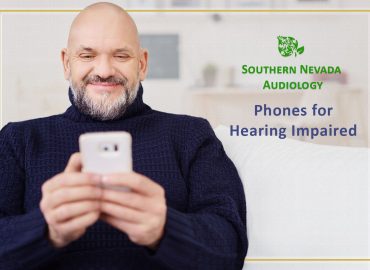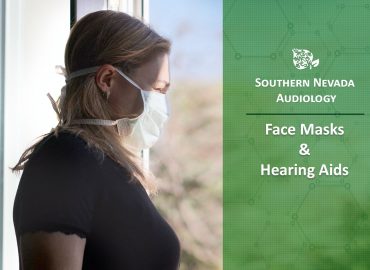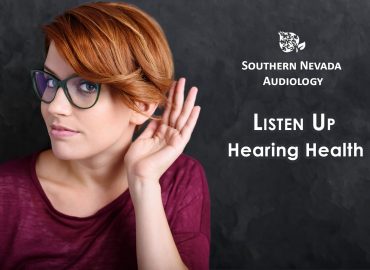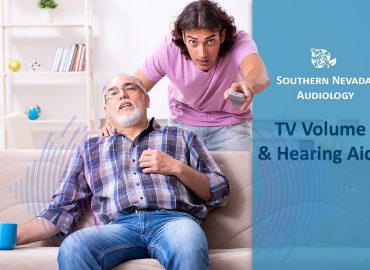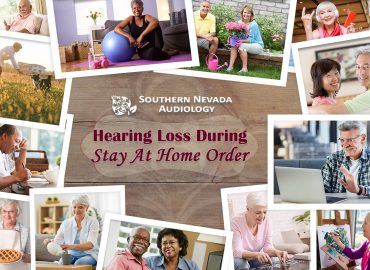Hearing Aid Maintenance
Hearing aids are a significant hearing health investment. If maintained and cared for properly they can last for many years. SNA recommends for hearing aids to be checked at least twice a year. However, in between checkups, it is imperative to keep the outer and inner workings of hearing aids clean. Here are a few tips for keeping hearing aids clean and at their optimal performance.
Create a Cleaning Routine
Creating and following a routine while using proper tools like a hearing aid wax pick, wire loop, bulb blower and a cleaning brush are key. Ears and skin naturally build up their own debris like oil and earwax while also being exposed to outside elements like dirt and dust. Hearing aid openings, such as microphone ports, are most vulnerable to these potentially clogging elements.
Starting off with clean, washed hands will help ensure no transfer of germs & bacteria are passed on to the device. Follow manufacturer’s directions for each cleaning tool for best results.
Don’t Forget The Batteries
Remove batteries from hearing aids and leave them open overnight, this will help the battery compartment to air dry and extend the life of the battery.
Get Them Serviced
Keeping hearing aids clean and dry is not the end of all worries. Sometimes, hearing aids will have problems too deep inside for the average user. Make sure to have them serviced to ensure a well maintained device and crystal clear audio.
Keep Clear From Health and Beauty Products
Health and beauty products like topical ointments, lotions, makeup or hairspray can damage hearing aids or clog vital outputs on the device. Be sure to remove hearing aids if using these products and to clean the area before putting them back in.
Hearing Aid Checkups
Hearing aids should be periodically checked to make sure they are performing correctly and meeting your hearing needs. Southern Nevada Audiology recommends that hearing aids are checked twice a year. At this appointment our audiologist will perform a listening check to make sure your hearing aid is functioning correctly. At this appointment any ear domes and wax filters will be changed. Our audiologist can also make any adjustments at this time to make sure you are hearing clearly and comfortably.
Please schedule your hearing assessment / checkup today! Learn more about the advancements in modern hearing aids.


